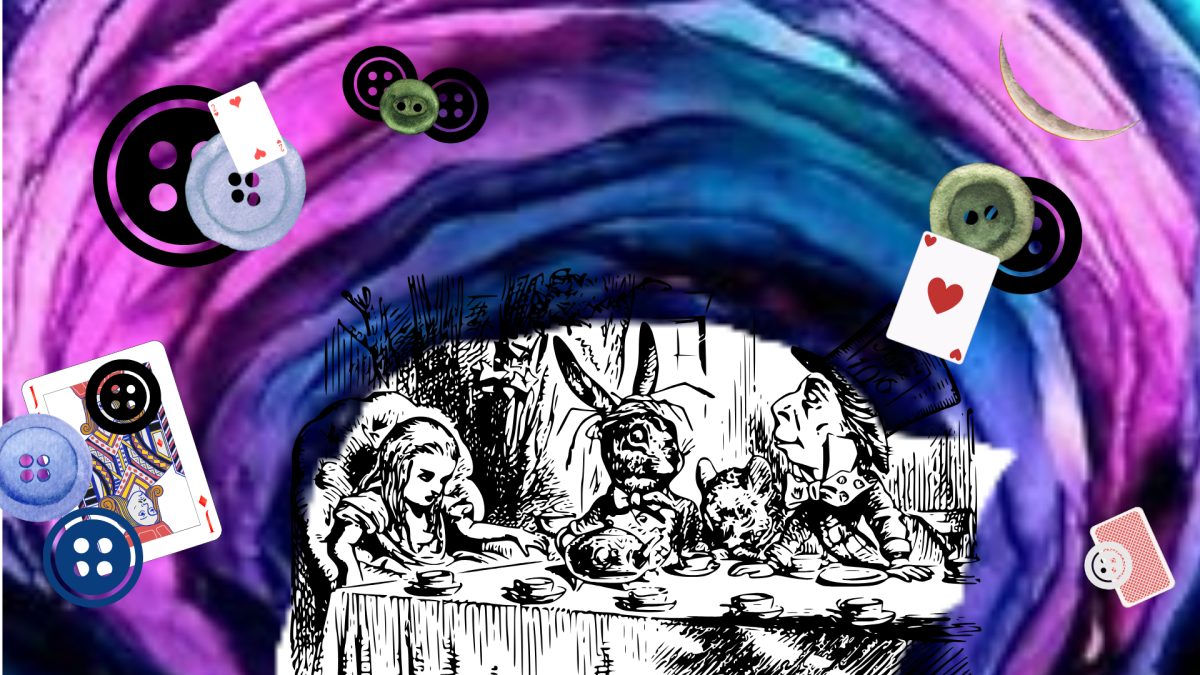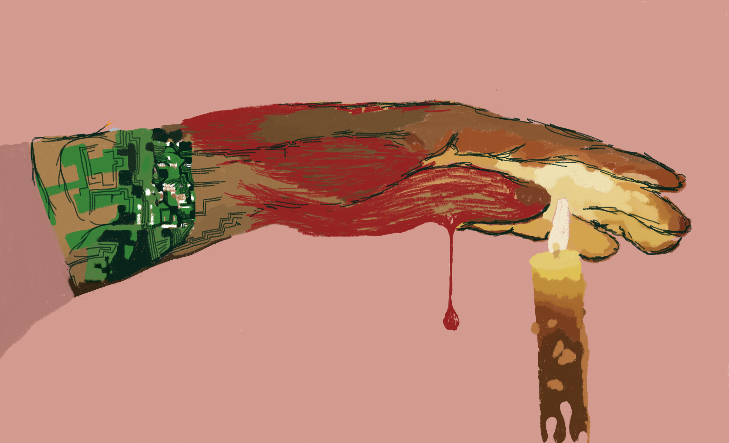“Weird: The Al Yankovic Story,” directed by Eric Appel and starring Daniel Radcliffe as Alfred Yankovic, serves as an answer to the influx of musician biopics over the past several years. From “Rocketman” and “Bohemian Rhapsody” to more recently “Elvis” and “Moonage Daydream,” all of these films delve into the fraught relationships and drug abuse so often accompanying fame.
Complete with a flash-forward opening on an operating table and dramatic voice-over narration, “Weird” makes tropes of these topics through a faux-narcissistic extravaganza odyssey that gives us very little insight into the parody singer’s past while simultaneously telling us everything we already knew about Weird Al.
Yankovic’s career is an anomaly in its mainstream successful existence for nearly 40 years. He’s managed to stay clear of drama or scandal in his personal life, quietly becoming a husband and father while keeping his nose clean and continuing to write spoof lyrics to other people’s songs.
Based on a fake trailer Appel made for Funny or Die in 2013, the film fabricates a tortured past for the artist complete with an unsupportive and abusive father, alcoholism, a tryst with Madonna and the Colombian drug cartel.
The overt absurdism of the plot and over-the-top, unhinged acting from Toby Huss (Nick Yankovic, Al’s father) and Evan Rachel Wood (Madonna) allowed for a spoof of previous musical biopics without inappropriately making light of the topics addressed, in many ways fully in line with the goofy comedy style we see in Yankovic’s music.
The only time Appel and Yankovic get near true social commentary in the film is Yankovic’s crisis over not being seen as a legitimate artist due to his lack of truly original content. This shift toward taking himself too seriously ultimately becomes the source of several destructive decisions throughout the second half of the movie.
Even here, though, commentary on fame is secondary to the purer peculiar comedy that Weird Al is known for.
Through the mostly made-up plot, we do get surprising nuggets of truth as to Yankovic’s early career including that he was, in fact, introduced to the accordion via a door-to-door salesman and he did record his first single in a public restroom.
Radcliffe truly took the role to heart, learning to play several songs on the accordion to make the absurd character more believable and artfully caricaturing the king of parody polka. Radcliffe’s casting contributed to the kooky dissonance of the film — the physical resemblance between the two is nearly nonexistent.
Other big-name cameos were sprinkled throughout the hour-and-48-minute film, including Conan O’Brien as Andy Warhol, Jorma Taccone as Pee-wee Herman, Jack Black as Wolfman Jack, Lin-Manuel Miranda as the surgeon inspiring “Like a Surgeon” and Yankovic’s own appearance as music producer Tony Scotti, who had originally rejected Weird Al outright.
Unsurprisingly, the film was relatively low-budget, which came through in the simplicity of filming that ultimately added to the overall quirkiness of the movie. The film gave more of an impression of a passion project than cinematic masterpiece, again in line with Yankovic’s inexplicable transformation of hobby to career.
Overall, the film remained imaginative and amusing, if not overly remarkable. Ultimately, it paid appropriate homage to the agendaless joyful nerd humor that Yankovic continues to be revered for and that ricocheted him to the position of most famous accordion player in a very specific genre.














